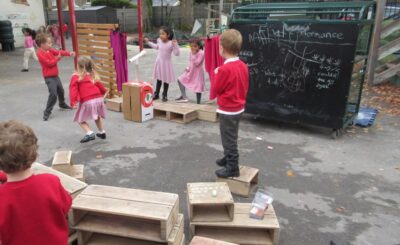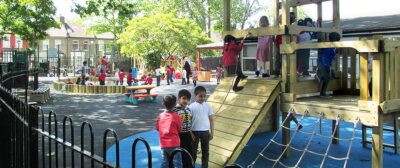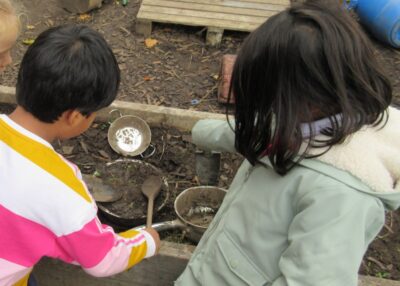Why should I send my child to Woodgrange?
At Woodgrange we are fully committed to ensuring the health, wellbeing and education of the children in our care.
We follow a child centred, developmental approach based on the needs of the young children we serve. This means we allow our children the space to be children- freedom to play, time to play alongside well crafted direct teaching sessions.
Why play?
Play is important for young children because it …
Builds understanding of the world around them
Reflects their experiences and allows them to re-enact them (make sense of them)
Develops self control
Allows them to take risks and test boundaries- their own or adults’
Gives experience of wonder and joy
Gives access to fresh air and the natural environment
Develops skills- physical, language, social, problem solving…
Free Play is essential for early learning because it:
Autonomy is essential -children must have the space and time to represent their ideas in their own way. THIS IS CREATIVITY
Play is a great way for children to revisit skills and knowledge taught in school- actively experimenting with what they know and will therefore help a child make sense of this (learn it!) and will aid remembering.
How do we support play?
- Help children make choices from a range of options, for example supporting them in selecting the resources they need for a particular purpose.
- Provide opportunities to move freely, indoors and outdoors.
- Help children to do challenging things for themselves, like using real tools. This involves guiding children in safe ways of using them.
- Help children to think for themselves, listening to and respecting their ideas. ‘That’s a good idea, shall we try it?’ ‘That’s interesting, what made you think that?’
- Help children develop self-discipline through gradually understanding the consequences of their actions and the feelings of others.
- Model play, especially with new equipment- model the potential
“play should be recognised as children’s work” Susan Isaacs (1885-1948)
 |
 |

